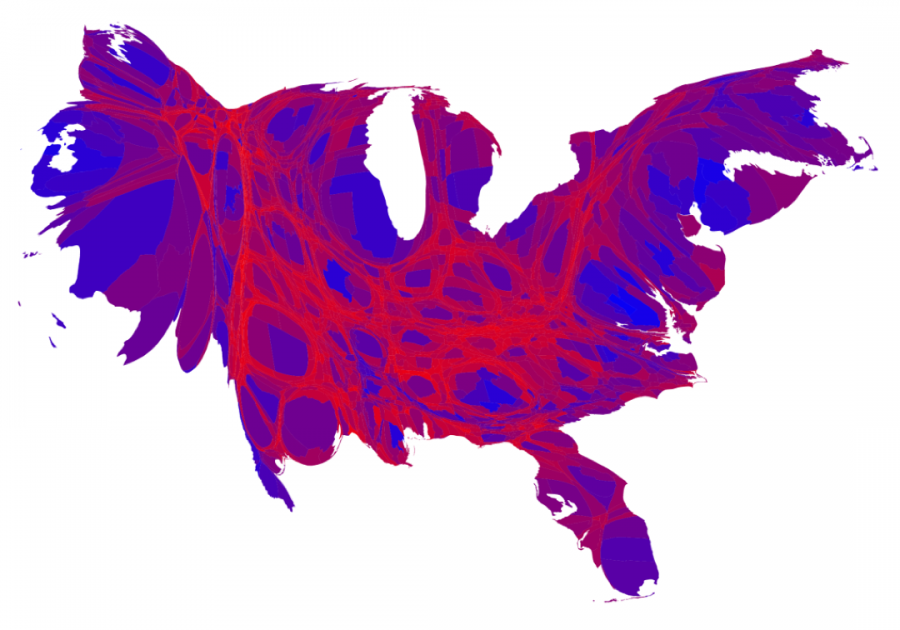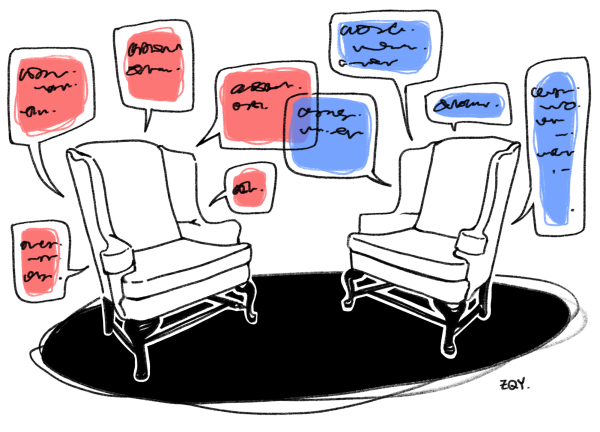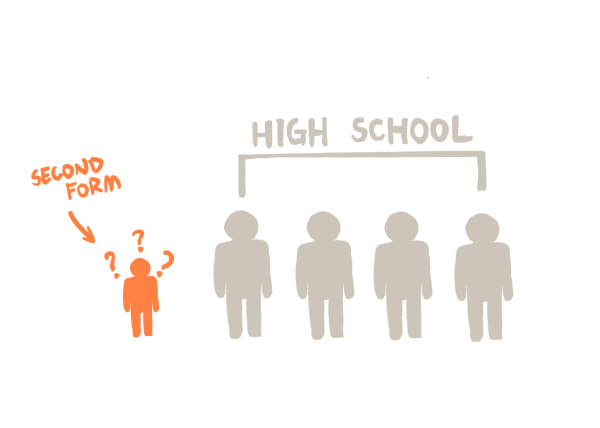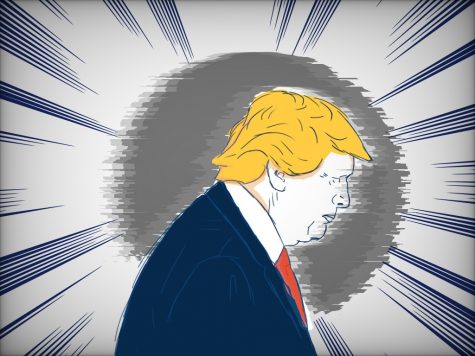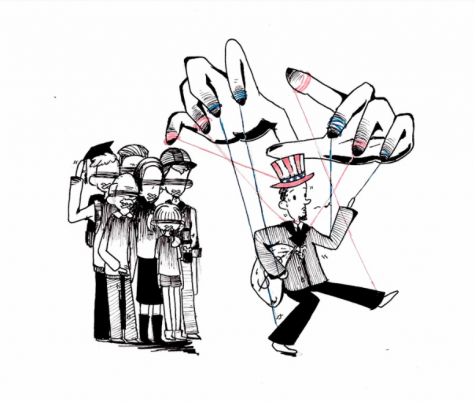After 229 years, it’s time to graduate from the Electoral College
The Electoral College is made up of 538 electors who cast votes to decide the President and Vice-President. This system was established in 1877, at a time when the federal government did not trust its citizens to vote directly for their senators or president. And although we now vote directly for our senators, we still elect our president through an outdated, indirect process that distorts presidential politics.
The Electoral College encourages candidates to pay more attention to sparsely populated states they would otherwise ignore because the system perversely gives more weight to votes from smaller states. The significance of each citizen’s vote thus depends on where he or she lives. A simple analysis shows that seven states get more than twice the electoral vote per citizen as California, for example, and a resident of Wyoming is apparently considered well over three times more important than a resident of California.
Furthermore, voting is one of our most important individual rights, and the people should be trusted to choose their president. The Electoral College was created when the typical voter had few opportunities to obtain information about presidential candidates, so electors, who were deemed better educated, were given the job of electing the President. In the 21st century, however, TV, radio, newspapers, and the Internet give voters access to an abundance of information about each candidate. And all of their voices should be heard.
The Electoral College allows the election of a president who does not win the popular vote, something that our most recent election has especially highlighted. Since the Electoral College is a winner-take-all system, the voices of those who do not agree with the majority of their state are not heard. For example, Republican voters in consistently Democratic Massachusetts are generally not going to influence the election. The system does not does not give each voice equal weight.
The Electoral College also complicates and distorts presidential politics. When one particular candidate appears to have a larger lead in some states, no opponent has much incentive nor can afford to campaign much in those states. Instead, they spend most of their time and money in a few tightly contested states.
If the Electoral College is abolished, all voters will be equally important, as they should be. Candidates will be more likely to campaign to get as many individual votes as possible in every state instead of focusing on states that provide key electoral votes. Each vote would make a difference and be equally sought-after.


